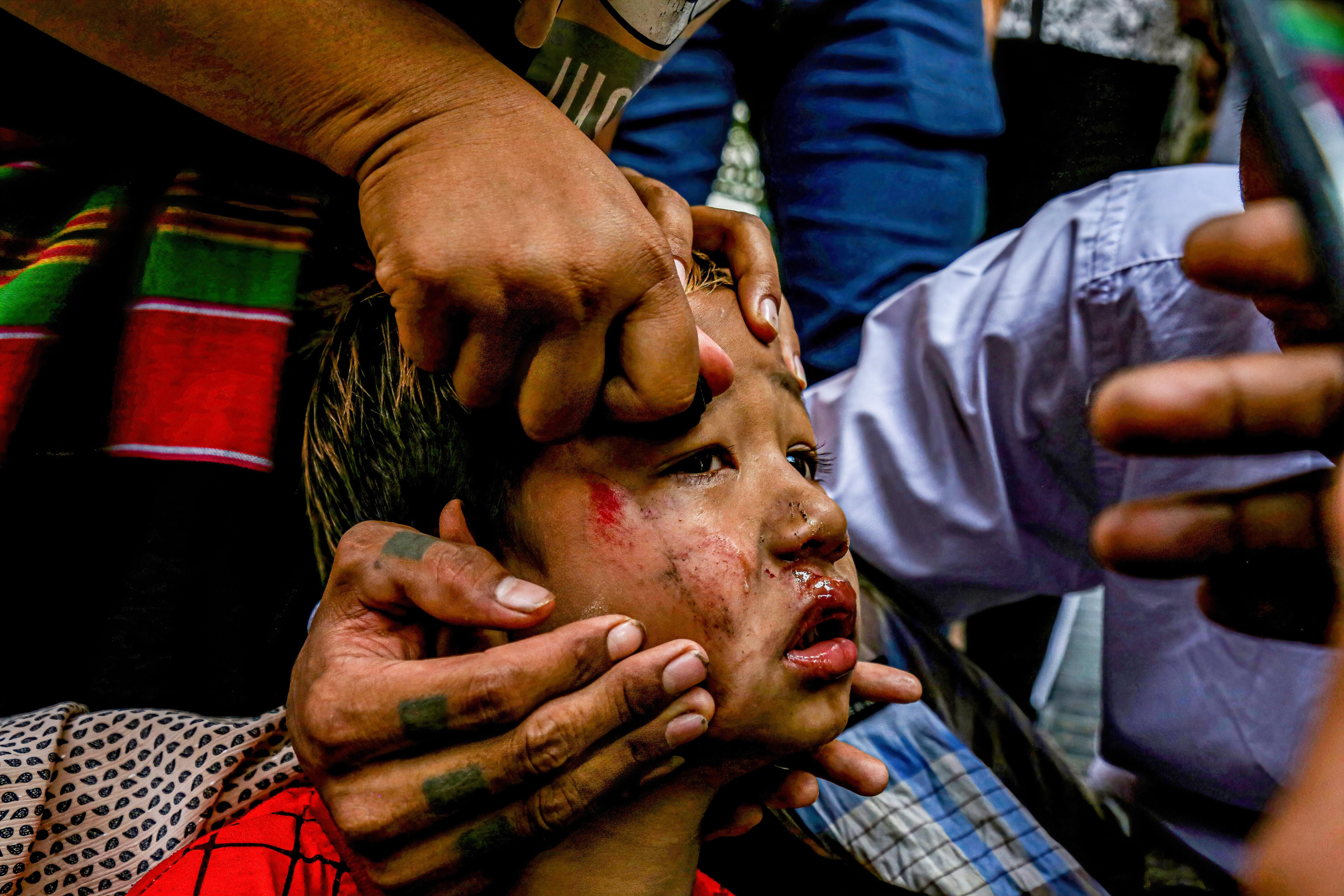News
April 05, 2021
40: Myanmar's military junta has killed at least 40 children since staging a coup on February 1 and jailing the country's civilian leaders. Some kids were killed while attending pro-democracy protests with parents, while others were simply bystanders. The New York Times tells the story of one of those lost children, 10-year-old Aye Myat Thu, who dreamed of becoming a nurse or a makeup artist.
50: Three months after a violent mob stormed the US Capitol, roughly half of Republicans — 50 percent — say that the deadly event was "non-violent" or engineered by left-wing activists "trying to make Trump look bad," according to a new Reuters/Ipsos poll.
100,000: India recorded more than 100,000 new daily COVID cases on Monday, the highest daily caseload since the pandemic began over a year ago. India is now recording the most explosive outbreak in the world, with most infections — 55 percent — linked to the western state of Maharashtra, home to the commercial hub of Mumbai.
1: Mohamed Bazoum was sworn in as president in Niger, marking the country's first democratic transition of power since gaining independence six decades ago. Managing the country's deteriorating security situation will be a massive challenge for Bazoum, who just days ago said his forces had foiled a coup attempt.
More For You
Bad Bunny during the Super Bowl LX halftime show press conference at Moscone Center.
Kirby Lee-Imagn Images
100 million: The number of people expected to watch the Super Bowl halftime performance with Bad Bunny, the Puerto Rican superstar and newly minted Album of the Year winner at the Grammys.
Most Popular
Think you know what's going on around the world? Here's your chance to prove it.
- YouTube
An imminent US airstrike on iran is not only possible, it's probable.
Americans are moving less — and renting more. Cooling migration and rising vacancy rates, especially across the Sunbelt, have flattened rent growth and given renters new leverage. For many lower-income households, that relief is beginning to show up in discretionary spending. Explore what's changing in US housing by subscribing to Bank of America Institute.
© 2025 GZERO Media. All Rights Reserved | A Eurasia Group media company.
